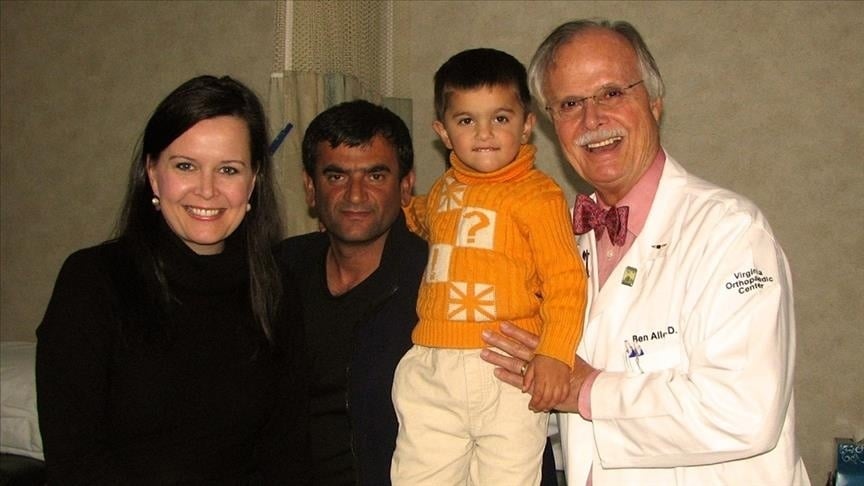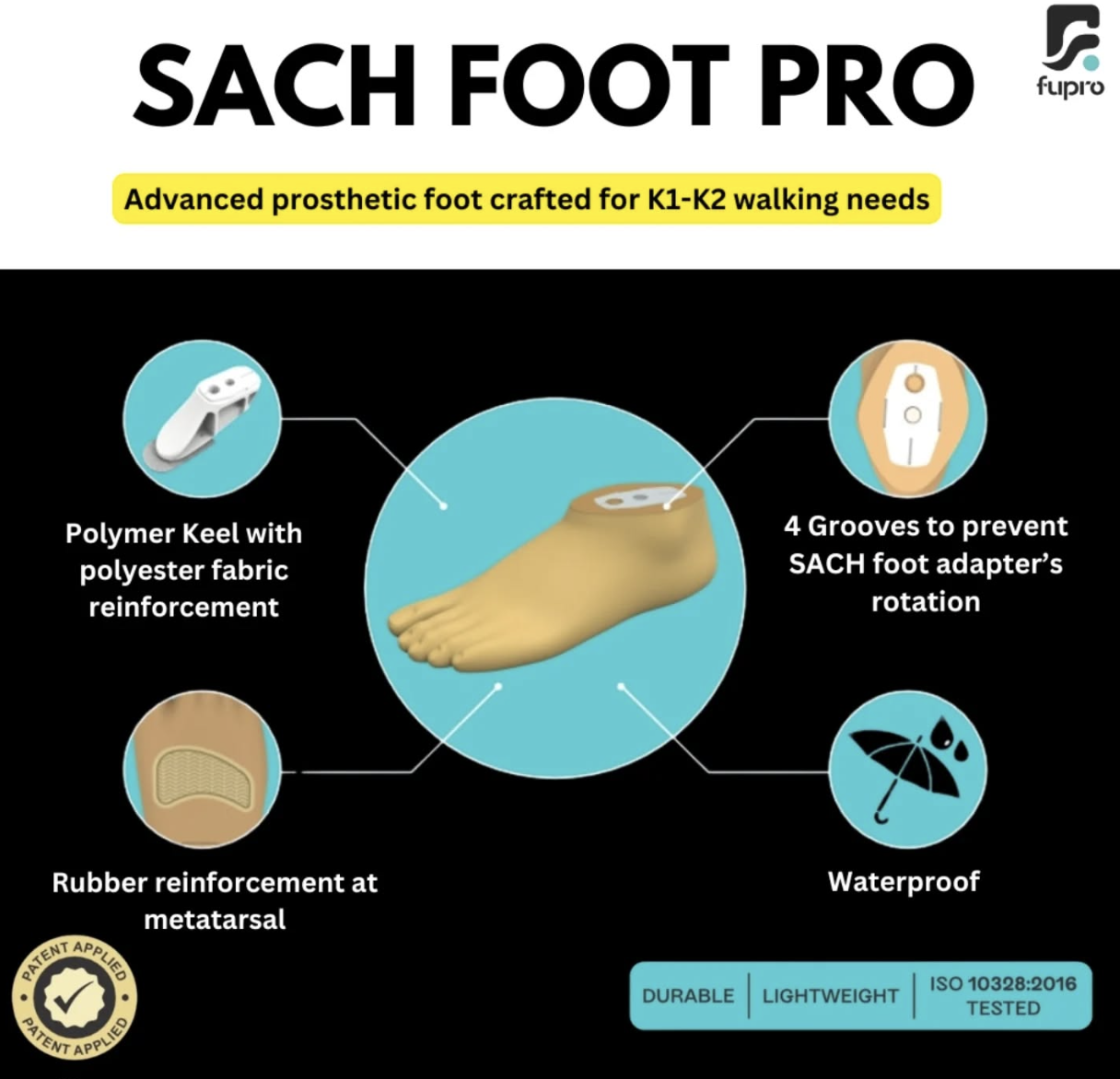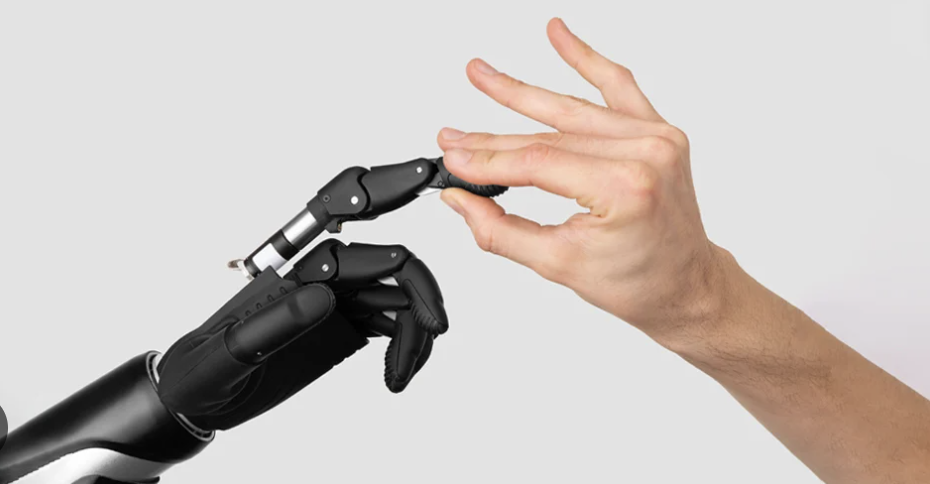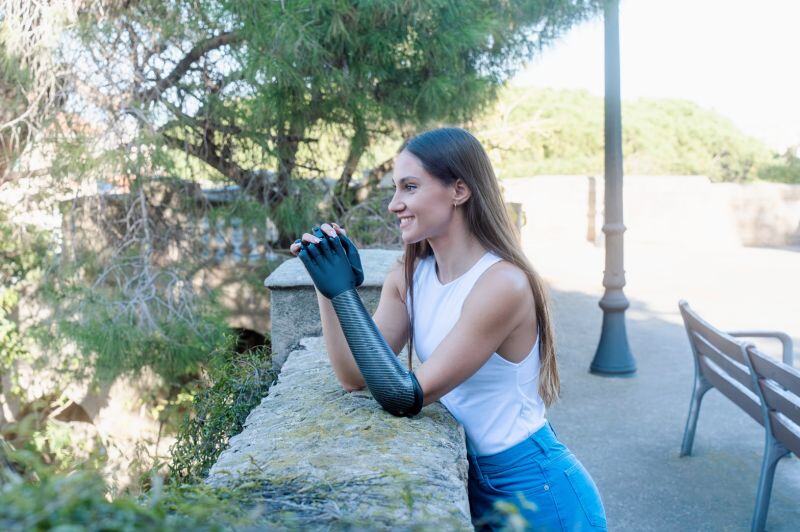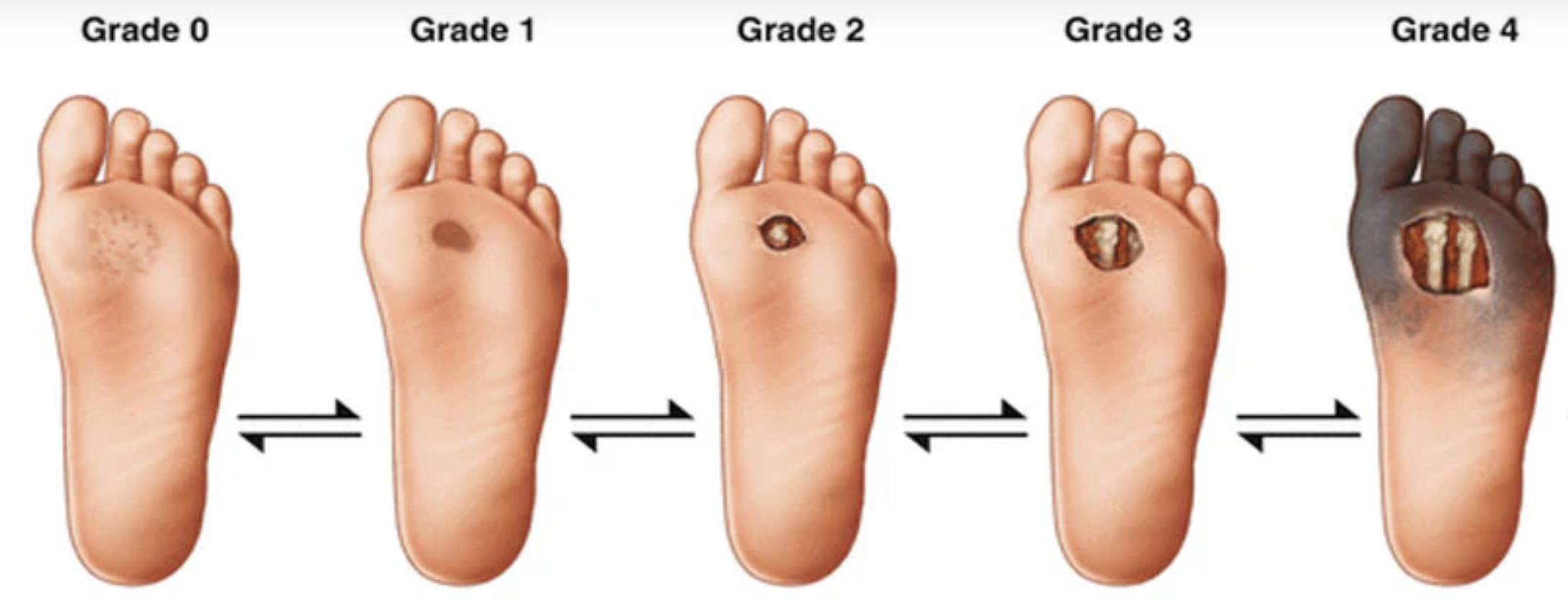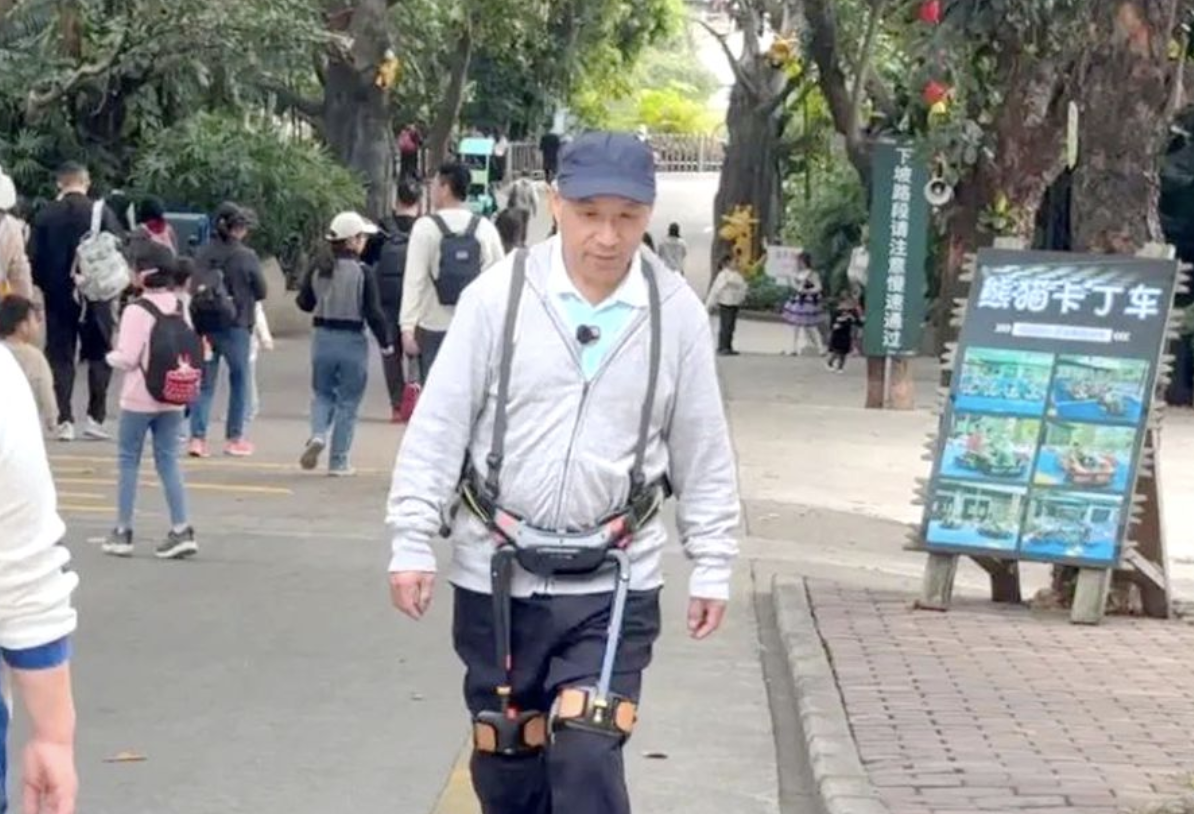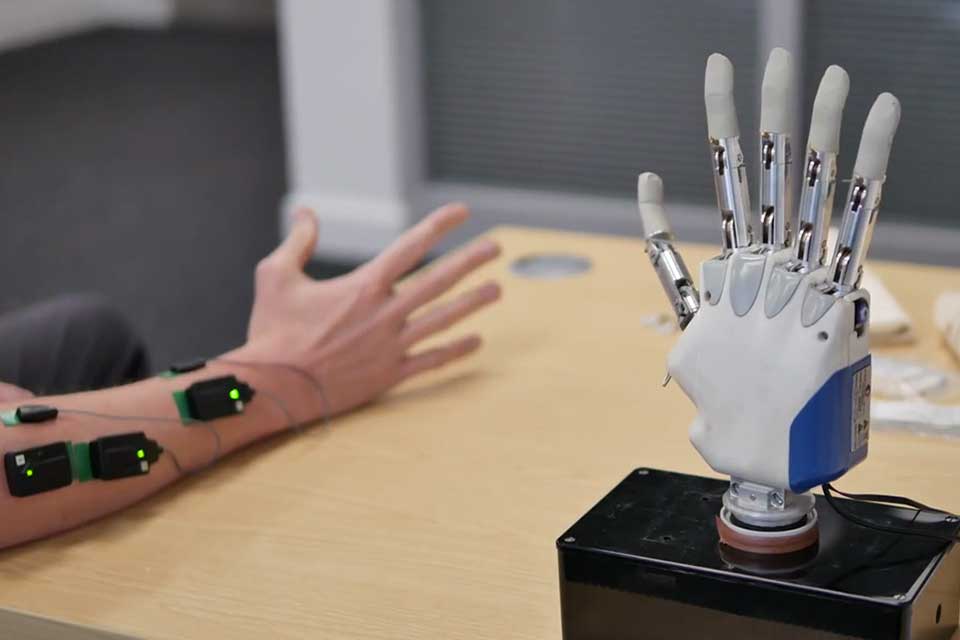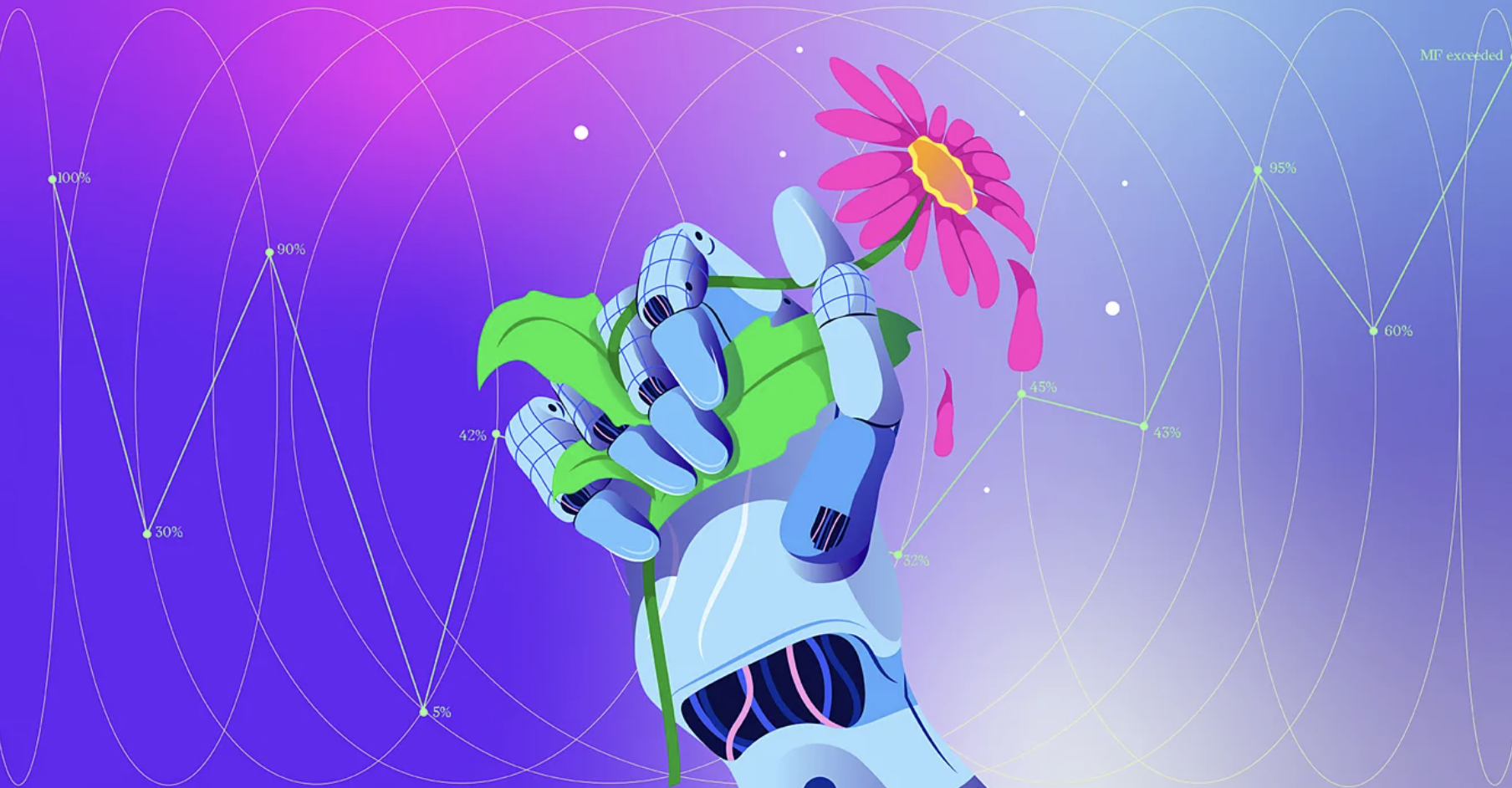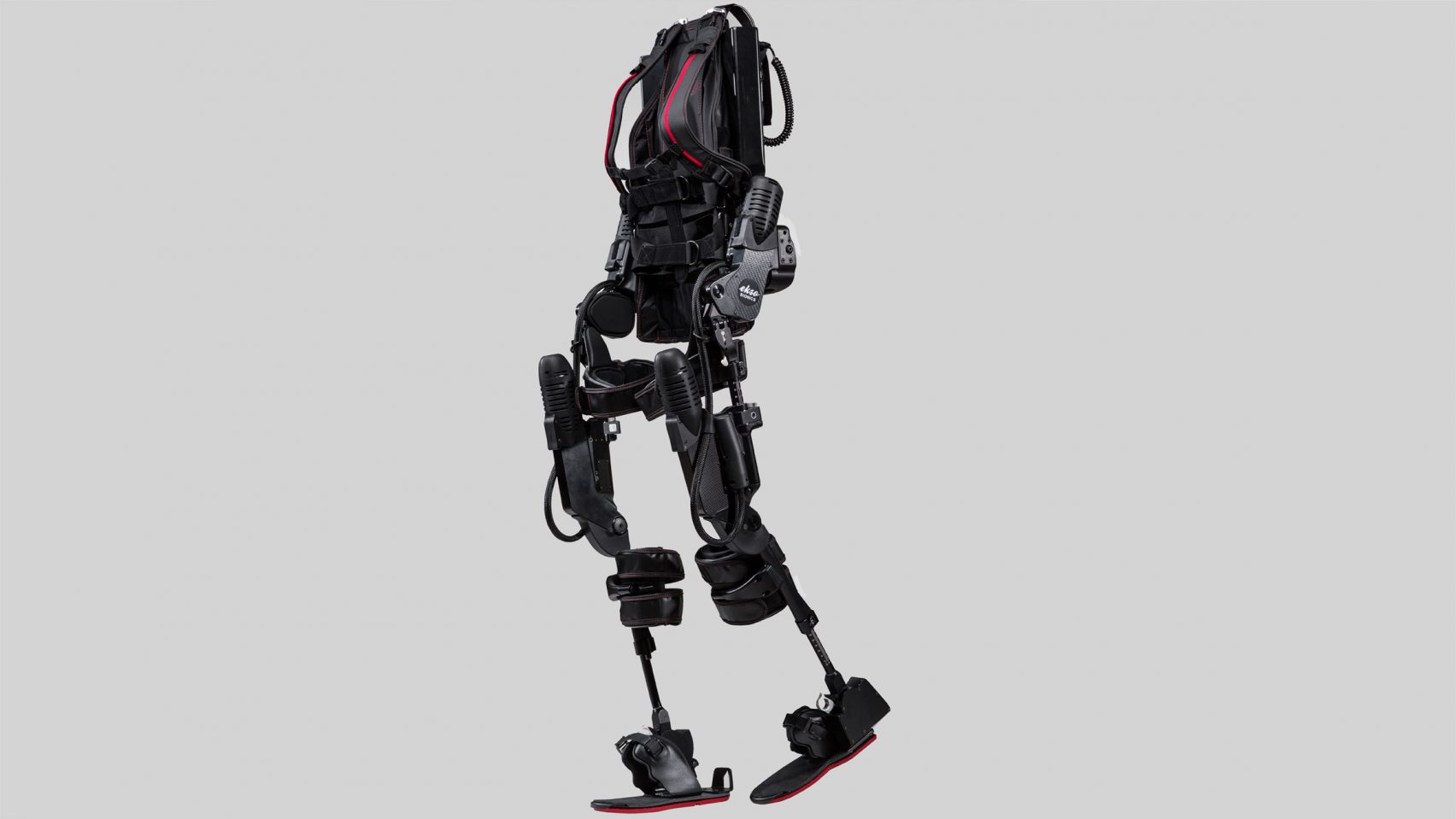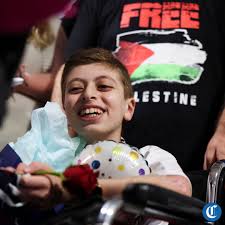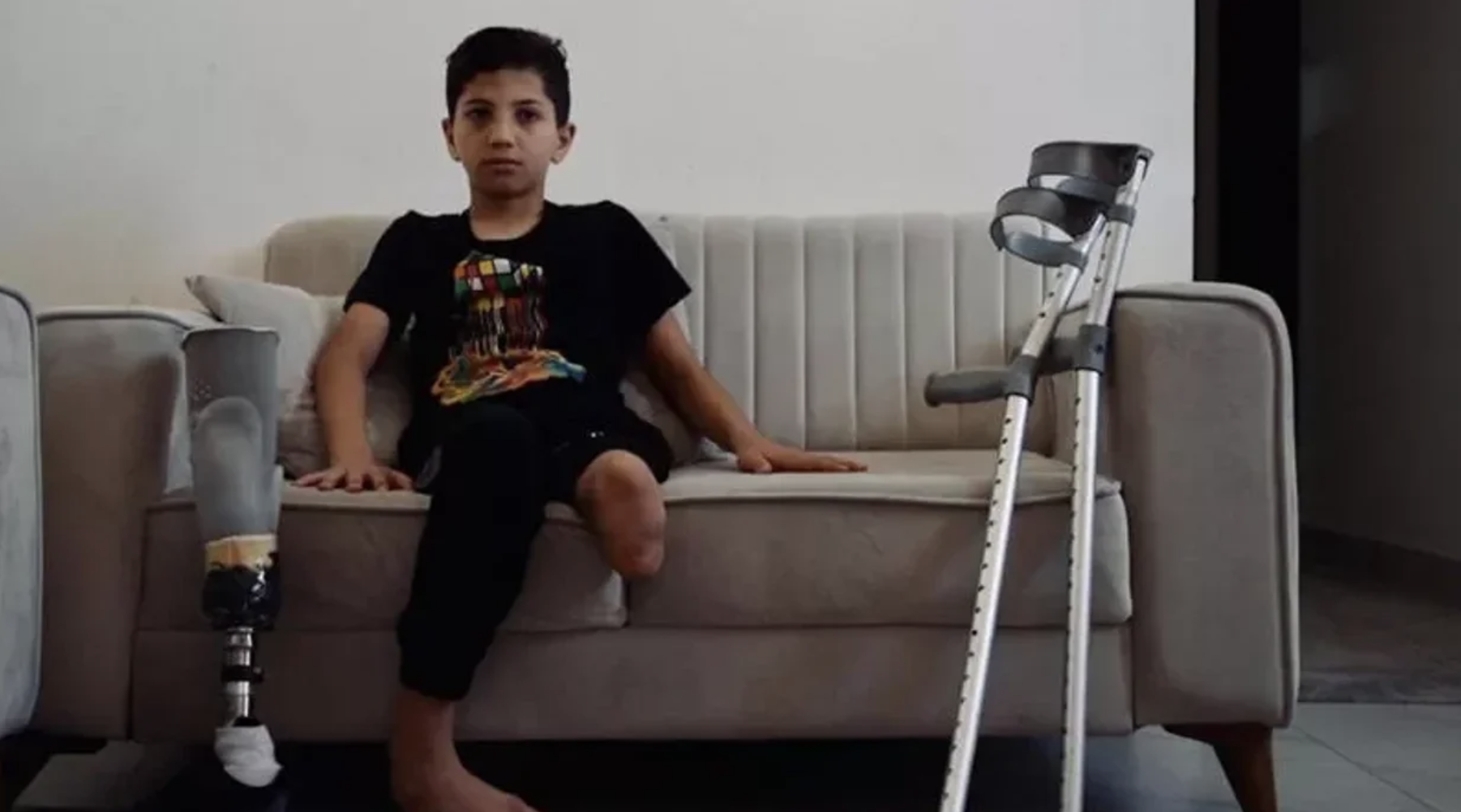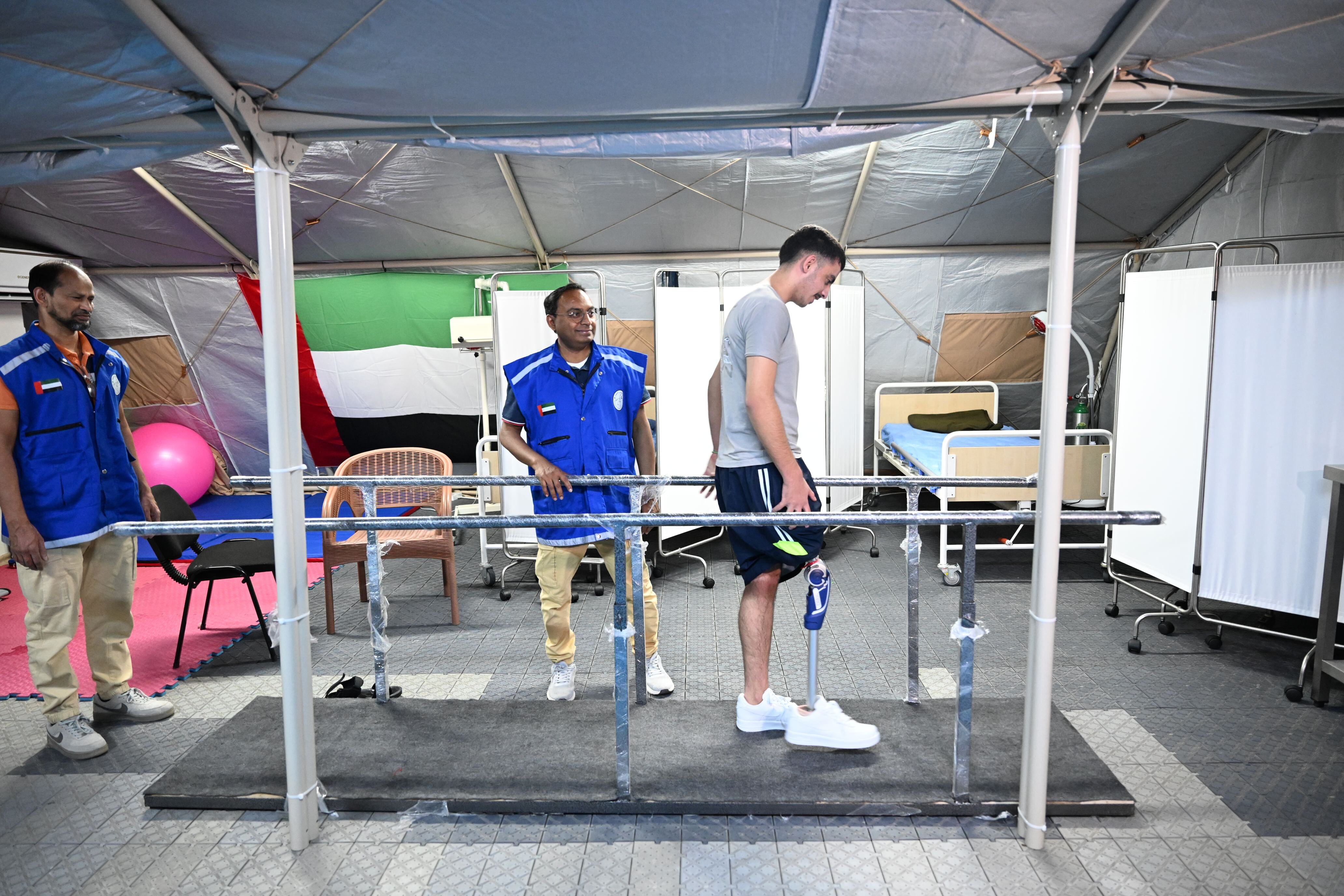Despite their differences in nationality, language, religion, culture and even generation, a congenital limb deficiency became the shared connection between Benjamin Allen, an American orthopedic surgeon, and his Afghan patient, Yahya Noristani.
The story that brought these two people from opposite corners of the world together is the kind that could inspire a movie.
Born in 1947 in California to a farming family, Dr. Allen, one of four children, came into the world with a significantly shorter right leg and a dislocated hip due to the limb deficiency known as hemimelia.
Despite his disability, his family worked hard to nurture his confidence. With a specially crafted prosthetic leg made by a local blacksmith, he was able to walk, run, play basketball, ride a bike, and even help his father with farm chores, refusing to let his condition hold him back.
"By the time I was 16, that entire leg was 13 inches shorter than the other leg. The orthopedic surgeons were my heroes, and after a while – actually by about age 12 – I decided I was going to be one when I grew up," he told Anadolu in an interview.
The journey began in 2012 when Amanda Jane, Allen's daughter, an American working on a project in Afghanistan, met Yahya and noticed that his leg deformity was similar to her father's condition as a child.
Moved by Yahya's plight, Jane reached out to her father, who agreed to help.
Amanda Jane was working with Yahya's father, Dawoud, while she was in Afghanistan.
"When Dawoud would put him (Yahya) down, I realized that he couldn't walk, and he had a deformity in his leg that was almost identical to photos that I had seen of my father at that age. Immediately, I wanted to share with my father back in Virginia about meeting this little boy," Jane said.
Allen said his daughter asked him if he could help with Yahya, because he had not been able to get the help that he needed in Afghanistan.
After 18 months of coordination, Yahya was able to travel to the eastern US state of Virginia with his family, where Jane's father performed the necessary surgery.
"So we brought Yahya here, after we saw some initial X-rays, brought him to this country and arranged for the hospital as well as the anesthesia," he said.
Yahya underwent an amputation, and on the same day, the surgeons performed an immediate postoperative prosthesis fitting. They placed an artificial leg directly over the surgical dressings and securely attached a foot to it.
"And it was just great, because the next morning, we went to his room and got him up and he took his first steps at age 3," Allen said.
Dawoud and his son stayed at Allen's home for two months while Yahya completed his post-operative physical therapy. In 2014, at just 3 years old, Yahya boarded a plane to the Afghan capital Kabul wearing his new prosthetic leg.
Despite the distance, the two families stayed closely connected through the internet, with Allen monitoring every step of his young patient's recovery from afar. Though their bond remained strong, it would take 10 years before they finally again saw each other face to face.
Families reunited after a decade
In the meantime, Yahya, 13, had grown up and started school.
As he got taller, adjustments were made to his prosthetic leg to accommodate his growth. Over the years, he and Allen stayed in close contact, regularly discussing medical matters to ensure his continued care.

August 2021 marked a pivotal moment for the Noristani family. In a swift turn of events, US troops began their rapid withdrawal from Afghanistan. Faced with the sudden upheaval, Dawoud gathered his wife and five children and made their way to Kabul Airport.
In the sweltering August heat, the Noristani family endured days of fear and uncertainty, waiting in line to board an American plane amid the threat of gunfire and explosions.
Despite their desperate attempts, they were not allowed on any flight. With longstanding threats against him, Dawoud knew he had to leave the country. That’s when his old friend Jane stepped in. She reached out to everyone she knew in Washington, tirelessly working to secure a path for the family to the US.
Eventually, the Noristani family was able to travel to the northern city of Mazar-i Sharif. Thanks to Jane's relentless efforts, they managed to board a civilian passenger plane to the United Arab Emirates. They spent six months in the UAE while their visas were processed and finally arrived in the US in April 2022.
The American government relocated the Noristani family to the Southern state of Missouri, but they finally made their way to Virginia this summer to reunite with Jane and her father.
For the first time in 10 years, the two families met face to face. Benjamin and his wife Mary welcomed the Noristani family to their home, and Jane had the chance to introduce her children to their longtime friends.
For Yahya, the meeting was especially meaningful. Seeing someone with a similar limb deficiency who had succeeded in university, started a family, and achieved numerous career milestones served as a powerful source of inspiration.
"I feel great after I met him 10 years later. And yeah, it was an exciting moment for me to meet Amanda, her kids and Doctor Allen and his family. I feel great," Yahya said.
His favorite soccer team is Barcelona, and he dreams of playing for them.
"And I want to represent my country in the Olympics. I would feel great if I represent my country and my family one day in the Olympics," he said.
Allen expressed his joy, saying "it’s been so exciting to see his progress. It was wonderful to meet all of them. They were a delight, and they are doing a great job of giving Yahya that same feeling that my parents gave me.”
Yahya's father, Dawoud, is relieved that his son's story has had a positive outcome, but his happiness is tinged with sadness.
Dawoud said "there are a lot of kids" in Afghanistan facing the same challenges as Yahya, urging international aid groups to step up their efforts to support disabled individuals, particularly children, in his homeland.
He said that after the US withdrawal, the activities of humanitarian aid organizations have largely come to a halt.
The story of Yahya's journey serves as a powerful example of the transformative impact that can be achieved through international cooperation, even in the face of immense challenges.
According to 2024 data from the UN Office for the Coordination of Humanitarian Affairs (OCHA), Afghanistan, with a population of over 41 million, has more than 1.5 million people living with disabilities.
*Writing by Servet Gunerigok
